Huey Morgan talks Fun Lovin' Criminals, guitars and Come Find Yourself
We talk to Huey following the 20th anniversary of their debut
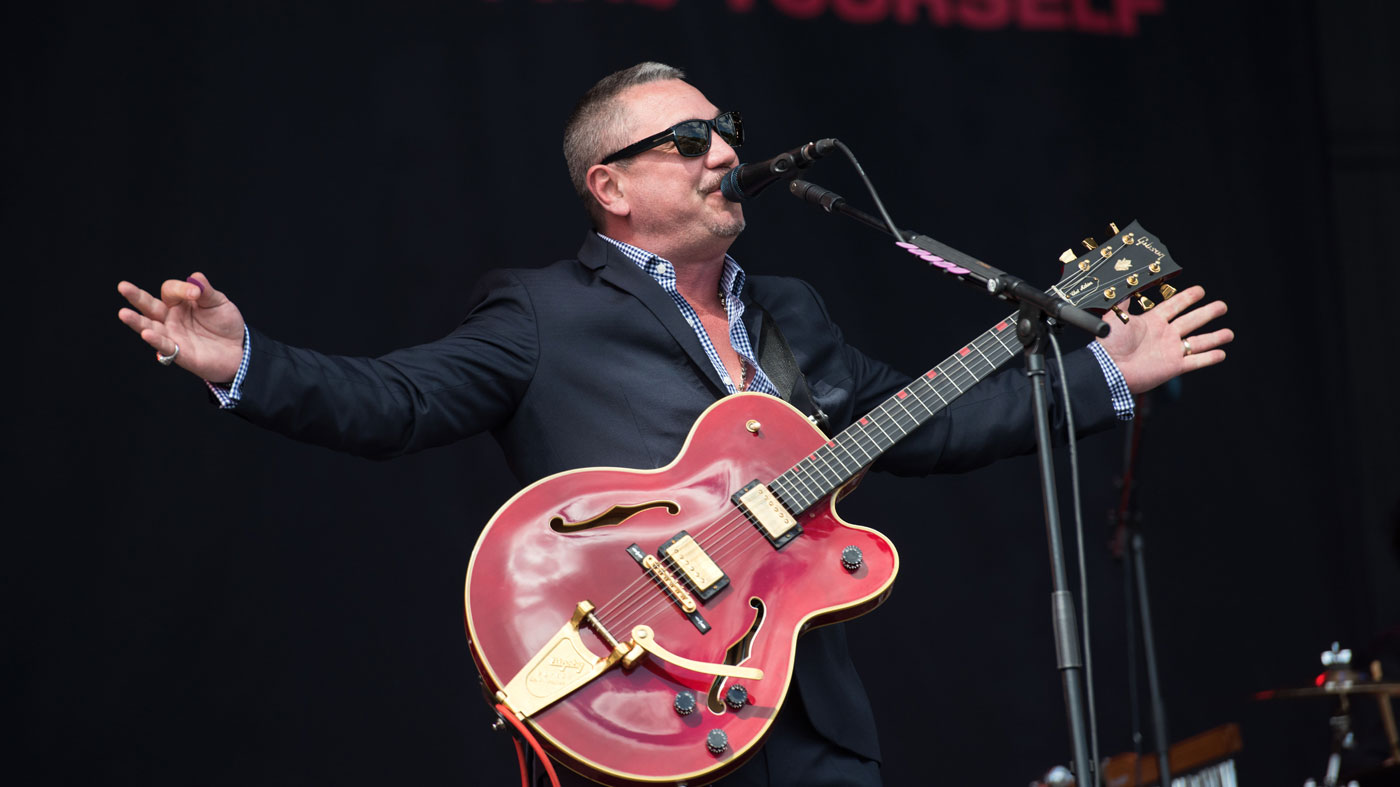
Introduction
It had all the trappings of a heist movie. We’d been directed to a windswept farm, miles from anywhere in the midst of the Somerset countryside on a chilly winter’s day to await the arrival of the boss of the Fun Lovin’ Criminal syndicate, Huey Morgan.
The album was a refreshingly suave mix of hip-hop, rap and some catchy blues-based guitar work
Shepherded into a small, dingy room, crammed with drums, keyboards, amplifiers and other music paraphernalia, we awaited the arrival of the kingpin himself, whose band were due to hit the road the following week in celebration of the 20th anniversary of their debut album, Come Find Yourself.
Originally released in 1996 at Britpop’s peak, the album was a refreshingly suave mix of hip-hop, rap and some catchy blues-based guitar work, and was enhanced with samples from Tarantino’s epic crime sprees Reservoir Dogs and Pulp Fiction on the CD’s biggest hit, Scooby Snacks.
The new, luxurious version of Come Find Yourself has been elevated to a three-disc boxed set and features some rarities from the Criminals’ own cache, including remixes and live performances.
The tour will see the album performed in full for the first time and will reach fans as far afield as Australia. But that’s all in the future. For now, we sit and wait for the crunch from the tyres of Huey’s four-by-four as it hits the farmyard gravel, and his reminiscences of the original recording sessions…
Don't Miss
Huey Morgan: 10 guitar albums that blew my mind
Huey Morgan and Brian 'Fast' Leiser talk Fun Lovin' Criminals' Come Find Yourself track-by-track
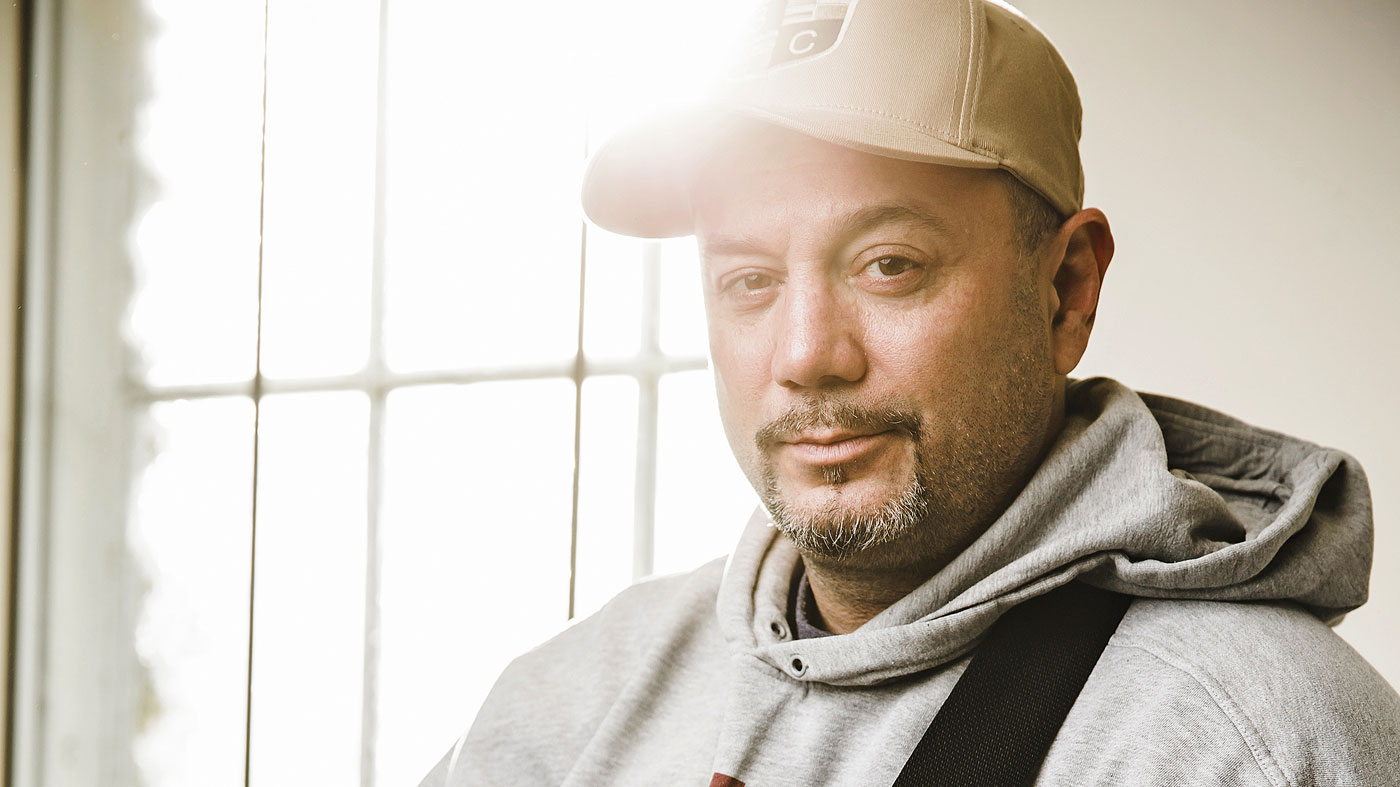
Back in time
Set the scene at the time of the recording…
“Well, it was kind of interesting because we were getting ready to go in the studio and the label wanted us to work with a producer.
“Fast [aka bass/keyboard/trumpet player Brian Leiser] and I, in our apartment, in our bathroom, we had a boom box and on it was A Tribe Called Quest’s Low End Theory and, for whatever reason, Fast and I totally agreed that we should have a really good low-end thing going on.
What we wanted was for someone actually to get that really good drum sound we were looking for
“We knew we could take care of all the other stuff like the instrumentation; what we wanted was for someone actually to get that really good drum sound we were looking for.
“We put a tape together and sent it to Bob Power who produced those Tribe records. He’s a great producer and he came to a meeting at the record company. Everybody’s sitting round the table - the band, the head of the record label, A&R guy, product managers, all those guys - and Bob started the meeting off with, ‘Guys, you don’t need a producer.’
“And so, with that, you’ve got vindication right there and that was really cool for us, anyway. We realised that we could go on and produce it ourselves. With that, still being wary about the label, we went in there and tracked everything in five days.”
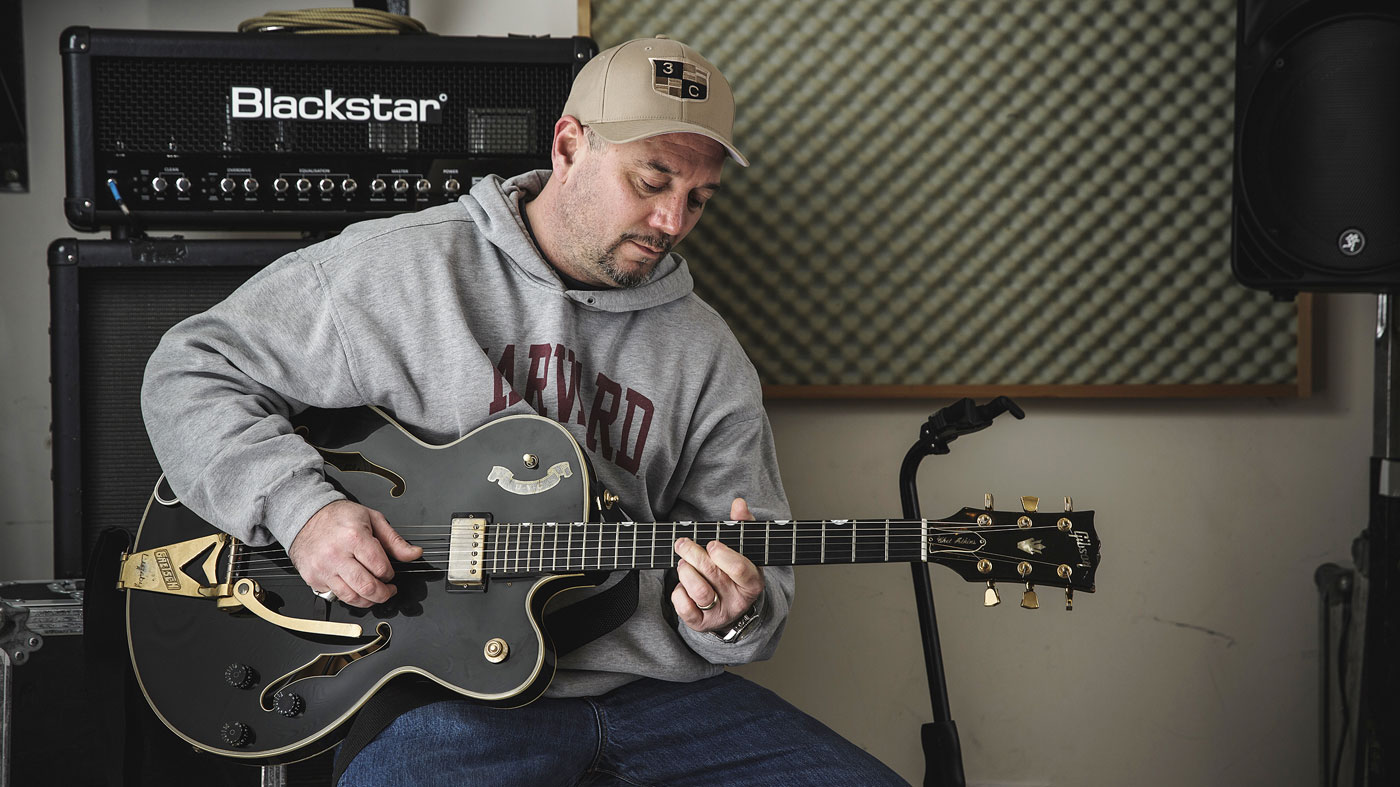
It's a kind of magic
That’s an amazingly fast turnaround for recording an entire album…
“We did drums in one day, we dropped over sequences and stuff the first day, then did guitars… So, with guitars getting all done in one day, it was a pretty daunting task because we wanted to get everything done before the record label changed their minds!
We wanted to get everything done before the record label changed their minds!
“We worked out of Magic Shop [Steve Rosenthal’s studio in New York City], we had a great bunch of amps in there: Vox amps, Fender Twins and Bassmans, and I think I had a Marshall amp at the time, so I brought my JCM900 in there, too.
“We pretty much had the guitar parts together - or at least I did in my head - and I had a good selection of guitars. It was a good 12-hour day and I think we got everything we needed to get. We might have dubbed a couple of things later on, but I think we got everything that one day.”
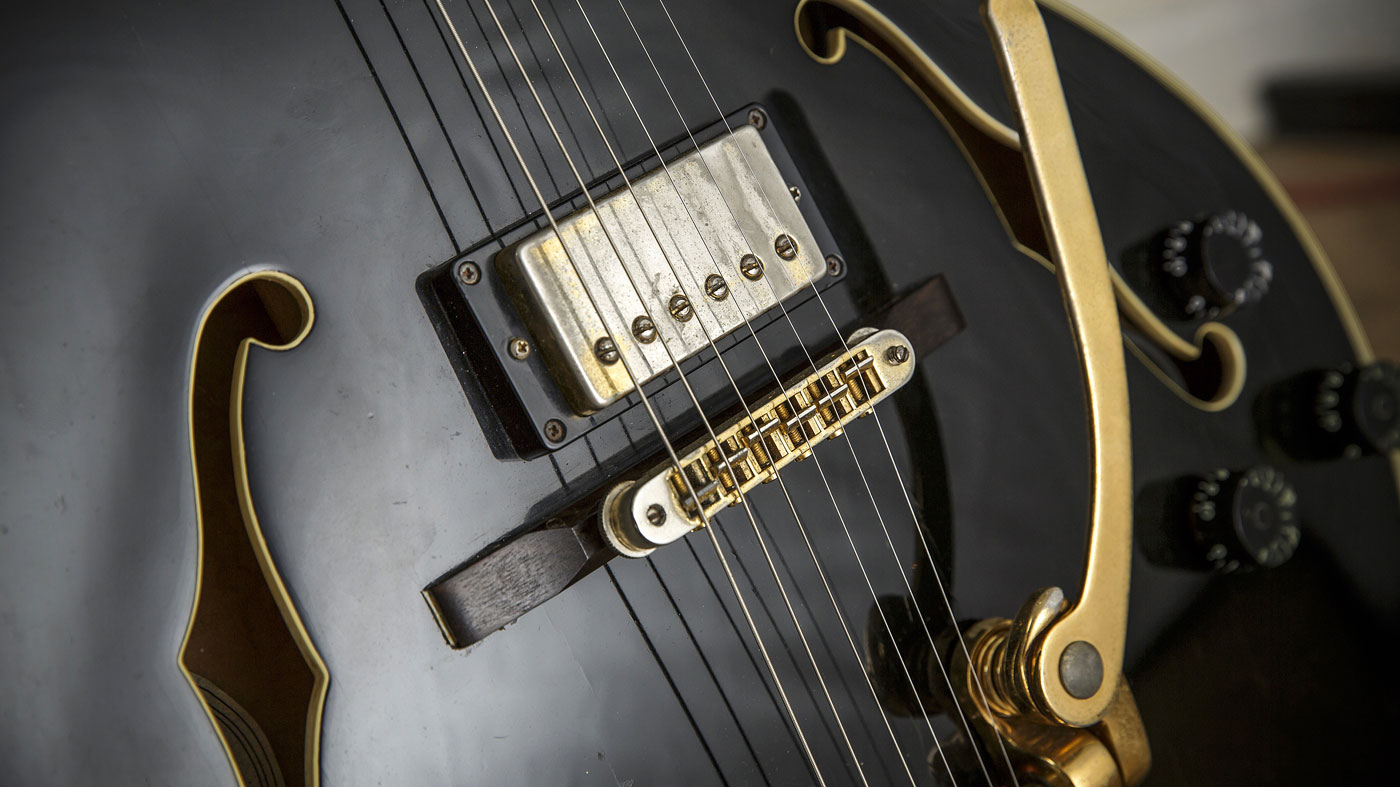
Life lessons
What were the inspirations for the material on the album?
The lyrics all came from my life experience – the music was something that Fast and I had been doing about two years
“They came from the 27 years of my life previous to that and same thing with Fast. The lyrics all came from my life experience and the music was something that Fast and I had been doing probably about two years up to that point, putting ideas together and getting a lot of things that were samples from rock records I used to listen to, like Van Halen. Even some Led Zeppelin was in there and stuff like that.
“Obviously, we couldn’t use those samples, so we had to replay a lot of it. For instance, on Bombin’ The L, the big Smoke On The Water riff, we heard Ritchie Blackmore was not happy with that interpretation of his riff.
“So we went in there, we got a Strat, put it through a Marshall and jammed it up a lot, and tried to emulate how Deep Purple sounded when they tracked that record. So we used old mics and things like that.
“It was interesting in the respect that, when people said ‘no’ to us, we had to actually go into a serious brains trust and figure what instrument they were using, and what mics. It was good to have Tim Latham as our engineer because he knew a lot of that stuff anyway.”
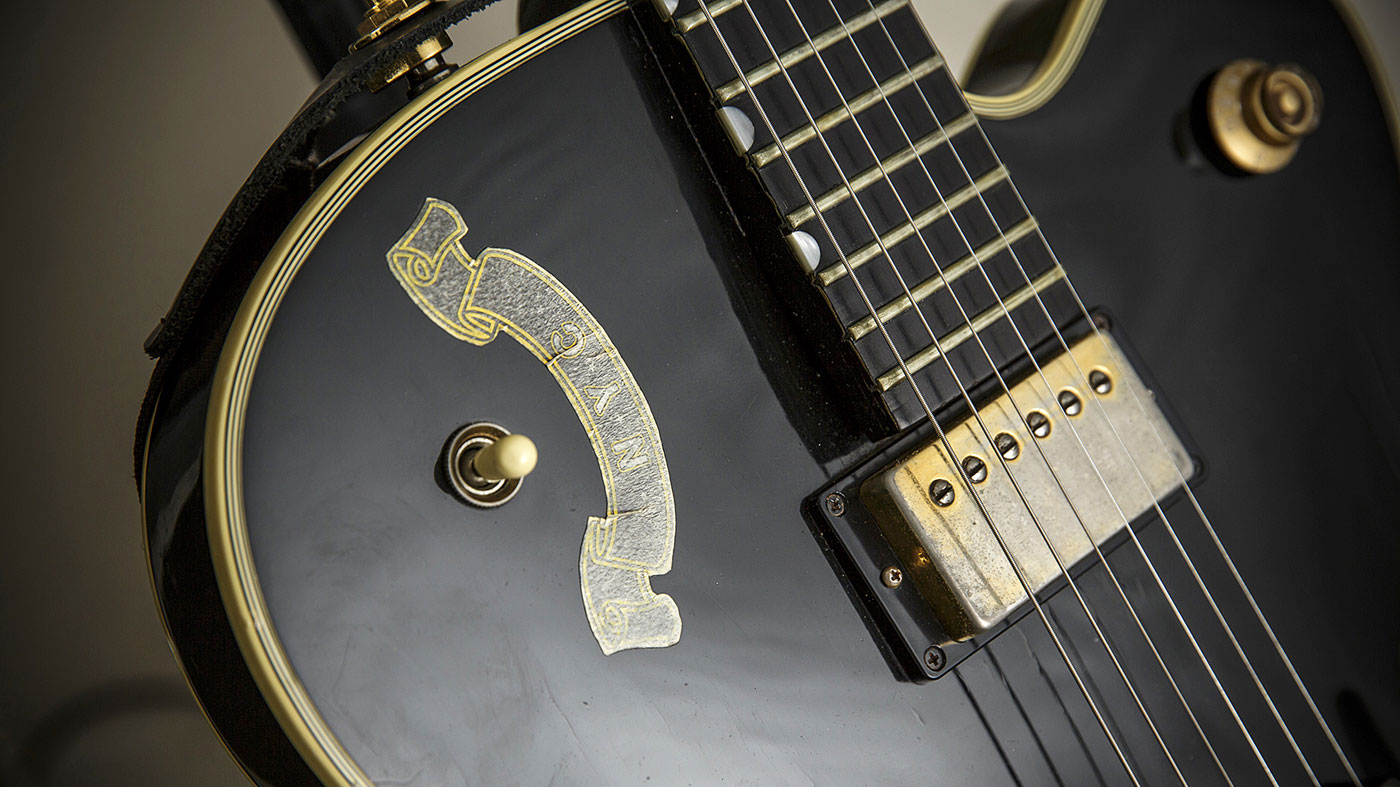
Friends in film
What guitars were you using in those days?
“I had a whole bunch of guitars at that point. When we were tracking the record I had the [Gibson] Chet Atkins, I had a Gibson Les Paul Custom, I had a Howard Roberts Fusion, and I had a Strat and a Tele, so I had pretty much everything covered.”
How did you decide which guitar to use on any specific track?
Tarantino dug what we were doing, he knew the idea behind it. His films were actually starting to blow up at that point…
“It was just basically trial and error. You start with the guitar you played on the last track and see if that works on the next. Nine times out of 10 it doesn’t, so you just grab another guitar, play through the amps and figure out what kind of tone you’re going for. Fast and I were pretty much in touch with what we wanted the songs to sound like and what guitar feels and textures we wanted to have in different songs.”
How did you gain Quentin Tarantino’s permission to use samples from Reservoir Dogs and Pulp Fiction on Scooby Snacks?
“Well, I guess it’s good being on a major label, because we just said, ‘Hey, we need to get in touch with Quentin Tarantino’ and three phone calls later, he was listening to what we had to say, which was kind of cool. He dug what we were doing, he knew the idea behind it. His films were actually starting to blow up at that point…”
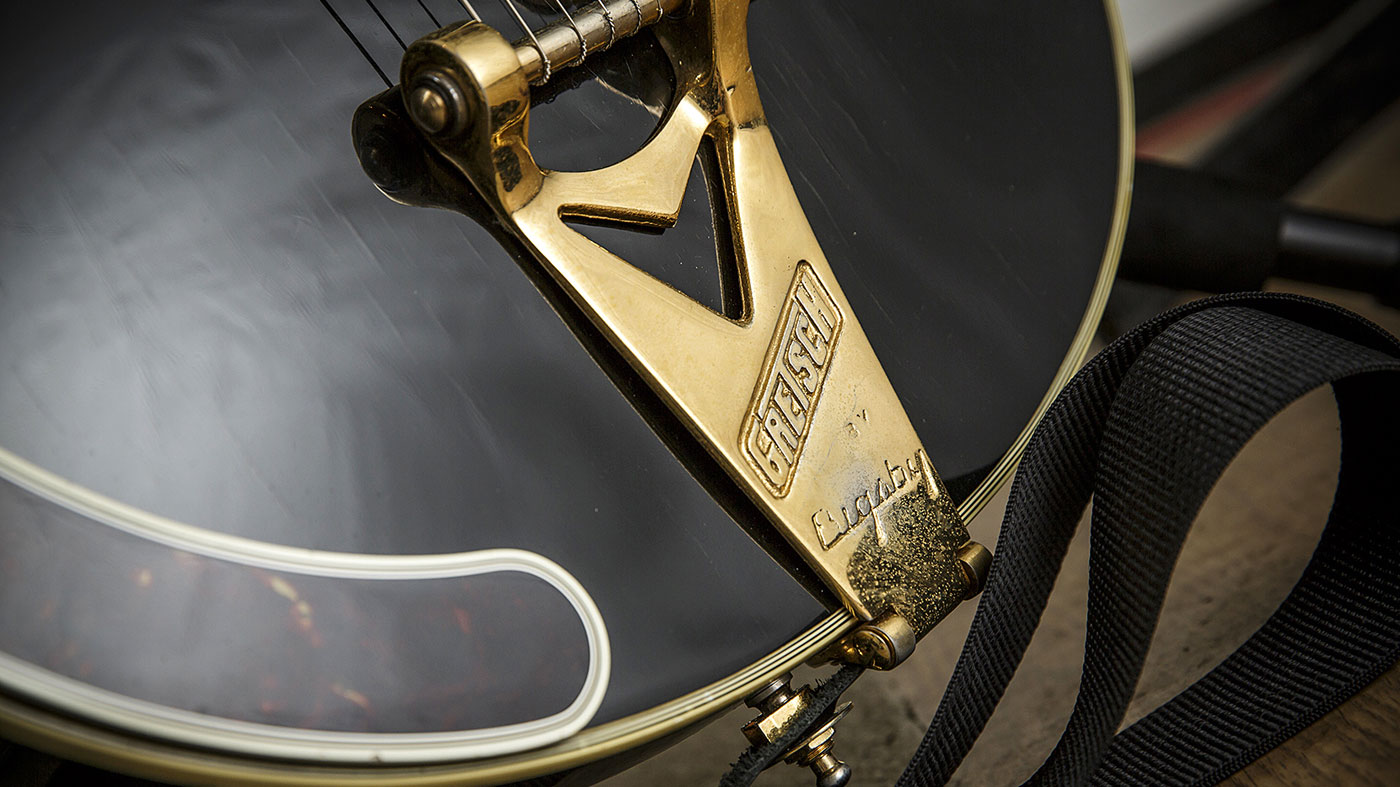
Looking back
Has he ever come back to you and asked to use some of your music in his films?
It was actually done really well, considering the amount of time we had to do it
“He has, yes. He’s used some of our tunes in his films and we might be working with him [again] - he’s doing something coming up he was talking to me about. We keep in touch, you know? He’s a really cool guy - I’ve always liked what he does and likewise, so maybe we will be working with him in the future.”
Looking back, is there anything about the album you’d want to go back and change?
“Ah, no. I learned over the years, once you’ve finished making a record, you master it and you put it out. It’s no longer yours, it’s everybody else’s. The best way you can look back on a record you did when you were a lot younger is to appreciate who you were at the time. It’s like a snapshot, really.
“I’ve listened to the record a lot, lately anyway, just getting ready to play it. I go, ‘Wow, man, it was actually done really well, considering the amount of time we had to do it and the fact it was our debut on a major label that we produced.’ But I don’t think I’d change a thing, no.”
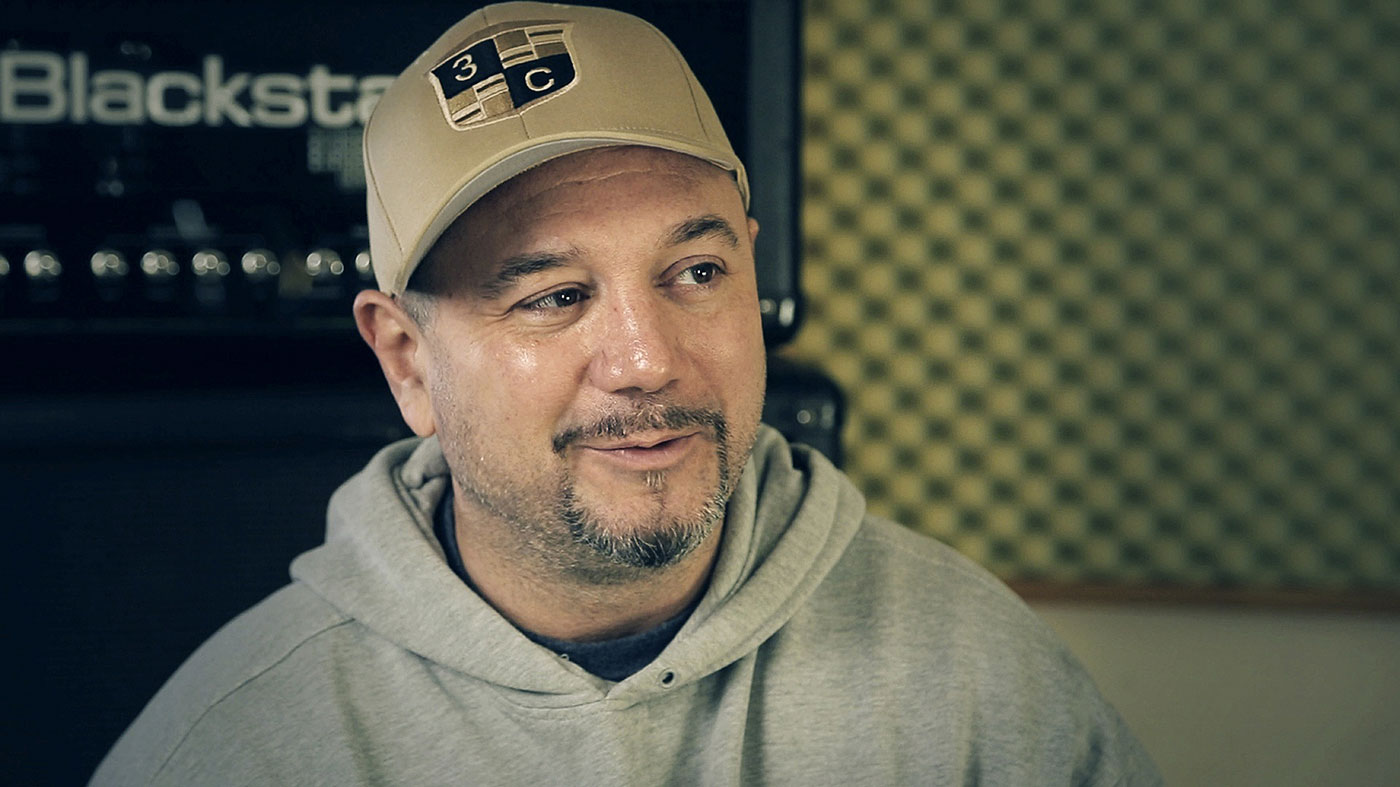
Live preparation
How are you preparing to play the album in its entirety on tour?
“I’ve been going back over the sounds and trying to figure out exactly what guitars I’d need, what effects I’ll be playing through, and looking at what I actually did on the record, guitar-wise.
I’ve been going back over the sounds and trying to figure out exactly what guitars I’d need
“Just guitars and amps and maybe a wah pedal here and there. Maybe an octave thing, maybe a little bit of delay, but not much, so it’s just basically getting those guitars up and running.”
Are you in the midst of rehearsals for touring the album?
“I think we’re going to do one day of rehearsal just to get the sequence together, but we’ve been playing those songs for a long time, just not in that order. I don’t think it’s really going to be a strict regimen, like we’re not going to go out there and time ourselves and make sure it’s 48 minutes or 52 minutes or whatever.
“It’s going to be fun playing those songs, but we have to keep in mind there’s going to be the audience there. It’s actually more for them than it is for us, you know?”
You’re using Blackstar amps these days. Which model do you use?
“Usually a HT [Stage] 100 head. You’re talking about almost being like a Mesa/ Boogie Triple Rectifier in a lot of ways. But even with the Mesa/Boogie I really didn’t like the clean tone that much. I mean, it definitely kicks the door down if you need it to.
“I’ve played everything: I’ve played Marshalls, I’ve played Oranges… What this amp does is brings all that into one head. A lot of the clean stuff I play really requires an AC30 or a Fender kind of tone. You know, a warm kind of guitar tone… But when I kick it up a notch, it definitely goes to 11, that’s for sure.”
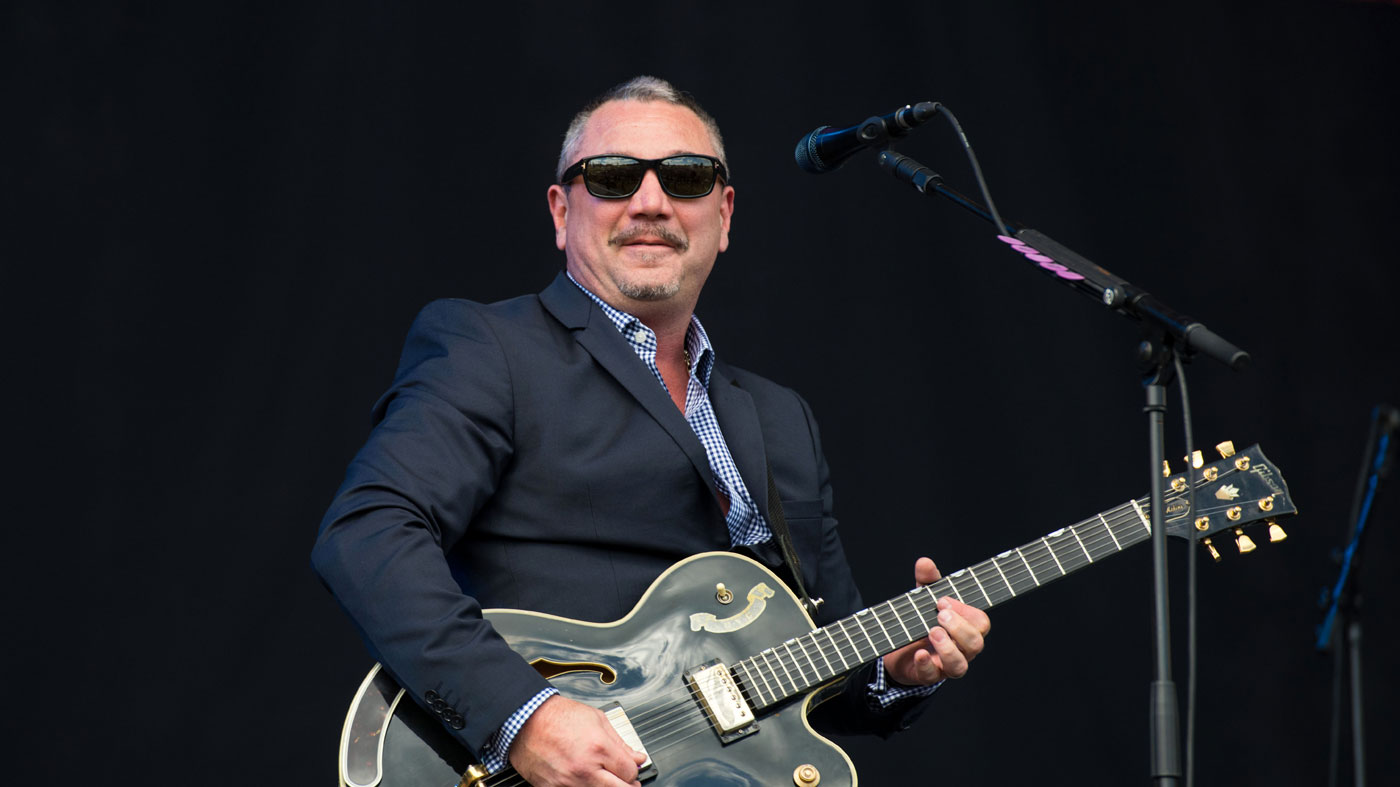
Living on a Chet plane
What made you choose the Gibson Chet Atkins as your main guitar?
“It’s a great guitar. I got it from Jimmy Archie who worked in the Gibson showroom in New York. We met through a friend of his and mine that worked at the night clubs we worked at.
Before we got signed we didn’t have instruments, really - we didn’t own anything
“Before we got signed we didn’t have instruments, really - we didn’t own anything - so he’d lend us Les Pauls and basses and things like that to play gigs. We had a good relationship with him, I used to slip him some free drinks here and there when he came in to the clubs.
“One day, I was talking about this Howard Roberts Fusion I had. I really liked the aesthetic of a black guitar, gold hardware à la BB King, a big hero of mine. We were talking about those guitars in particular and he said, ‘You know what? I’ve got a Chet Atkins in here.’
“I took a look at it and said, ‘Wow, it looks really big, it’s gonna feed back…’ He said, ‘Well, you should try it out. Take it with you.’ I brought it home, plugged it in and I put it through the ringer - I played everything on it and the thing’s very, very versatile.
“On the bridge pickup, you can play Rage Against The Machine-style riffs and Van Halen and things like that. Really high output. But it still really had that good Gibson tone, like a Les Paul would. When you pop the neck pickup, you’re BB King all of a sudden! If you play overdriven, stuff kind of sounds like Brian Setzer…
“That guitar is probably the best guitar I own, because it gives you so much… I could probably play the whole album on that one guitar.”
The 20th Anniversary Edition of Come Find Yourself is out now.
Don't Miss
Huey Morgan: 10 guitar albums that blew my mind
Huey Morgan and Brian 'Fast' Leiser talk Fun Lovin' Criminals' Come Find Yourself track-by-track

